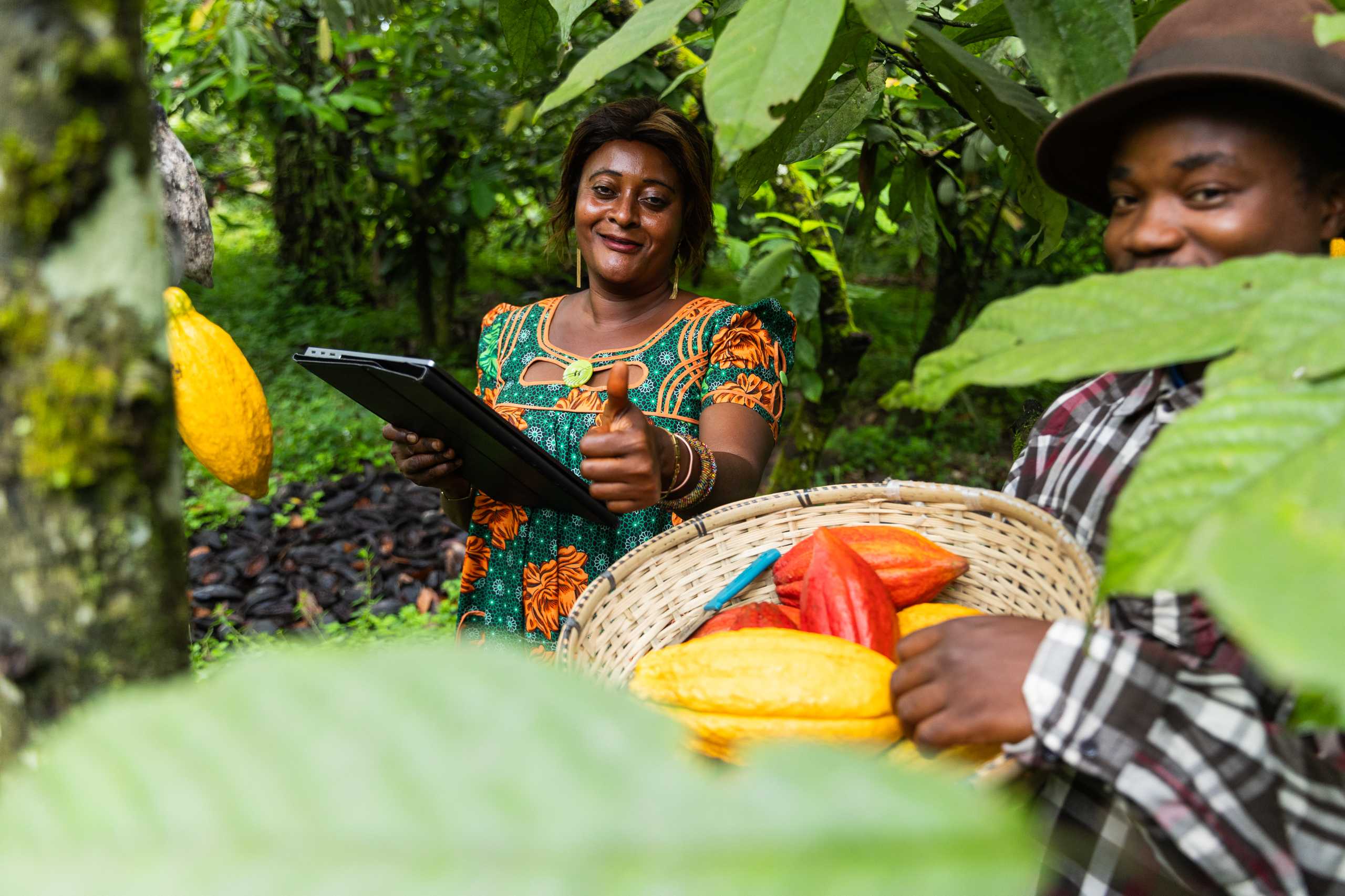Growing your own vegetables at home is a journey filled with excitement, learning, and tangible rewards. Many beginners feel unsure about where to start, what to plant, and how to care for their crops. The good news is that with a structured approach, anyone can turn even a small balcony, backyard, or set of containers into a thriving garden.
Choosing the Right Seeds
Selecting the right seeds is the foundation of a successful garden. Consider:
- Your favorite vegetables – Growing what you love to eat ensures every harvest is enjoyed.
- Local climate suitability – Some vegetables thrive in your region better than others.
- Growth time – Quick-growing plants like lettuce and radishes provide early rewards, while tomatoes and peppers need more care but offer richer flavors.
Taking the time to research and plan your seed selection sets you up for success and helps avoid frustration later.
Preparing the Soil
Healthy soil is the backbone of every garden. Follow these steps:
- Mix nutrient-rich soil – Combine compost, garden soil, and organic matter for a fertile base.
- Ensure proper drainage – Containers and raised beds should have adequate drainage to prevent root rot.
- Test soil pH – Most vegetables prefer slightly acidic to neutral soil; a simple test can help you adjust.
Even if you’re limited to container gardening, proper soil preparation can dramatically improve plant health and yield.
Planting and Care
Planting techniques depend on the type of vegetable:
- Direct sowing – Carrots, radishes, and beans often do best when sown directly in soil.
- Indoor seedlings – Tomatoes, peppers, and eggplants benefit from starting indoors before transplanting outside.
Daily care tips:
- Water consistently, avoiding overwatering.
- Rotate pots or seedlings to ensure even sunlight exposure.
- Check for early signs of pests or diseases to prevent damage.
Patience and Observation
Gardening requires patience and careful observation. Keep a simple garden journal:
- Track watering schedules and growth progress.
- Note successful planting techniques or adjustments needed.
- Record harvest dates to plan for next season.
Even small setbacks are learning opportunities. Over time, observation and experience will help you make better decisions and improve your garden’s overall productivity.
The Joy of Homegrown Vegetables
Growing a home garden is more than producing food; it’s about connecting with nature and nurturing life. With dedication and attention:
- You can enjoy fresh, flavorful vegetables all season long.
- You’ll gain a sense of accomplishment with each harvest.
- You’ll develop skills and confidence to expand your garden year after year.
Home gardening is a rewarding journey, where patience, care, and knowledge come together to transform seeds into a flourishing, vibrant source of nourishment and pride.

